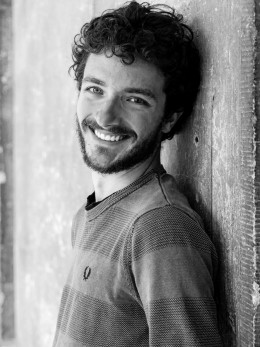Mr Andrea Luppi

PhD student in Clinical Neurosciences
Contact information
Biography
Coming from a background in philosophy and cognitive science, I am interested in the relation between mind and (grey) matter. Specifically, my work aims to characterise how the capacity for cognition and consciousness arises from the complex interactions between brain systems, viewed as a dynamic network. To this end, I combine tools from information theory, network science and whole-brain computational modelling to study the cortical dynamics and connectivity of the brain across multiple scales and modalities (functional MRI, DTI) throughout a variety of states of altered consciousness – such as anaesthesia and disorders of consciousness, but also sleep and psychedelics. Ultimately, I aim to develop a landscape of altered states of consciousness, and a unified theoretical understanding of how consciousness is lost, and how we can promote its recovery in patients.
Research interests
Functional neuroimaging; cognitive neuroscience of altered states of consciousness; network neuroscience and graph theory; complex systems; information theory; artificial intelligence
Keywords
Bioinformatics, Complex networks, Modelling, Network analysis
Publications
Luppi, Craig, Pappas, Finoia, Williams, Allanson, Pickard, Owen, Naci, Menon, & Stamatakis. Consciousness-specific dynamic interactions of brain integration and functional diversity. Nature Communications (2019). DOI: 10.1038/s41467-019-12658-9.
Varley*, Luppi*, Craig, Pappas, Finoia, Adapa, Williams, Allanson, Pickard, Owen, Naci, Menon, & Stamatakis (2020). Consciousness and brain functional complexity in propofol anaesthesia. Scientific Reports, 10, 1018.
Luppi, Vohryzek, Kringelbach, Mediano, Craig, Adapa, Carhart-Harris, Roseman, Pappas, Finoia, Williams, Allanson, Pickard, Menon, Atasoy, & Stamatakis (2020). Connectome harmonic decomposition of human brain dynamics reveals a landscape of consciousness. bioRxiv.
Luppi, Mediano, Rosas, Holland, Fryer, O'Brien, Rowe, Menon, Bor, & Stamatakis (2020). A synergistic core for human brain evolution and cognition. bioRxiv.
Luppi, Mediano, Rosas, Allanson, Pickard, Carhart-Harris, Williams, Craig, Finoia, Owen, Naci, Menon, Bor, & Stamatakis (2020). A Synergistic Workspace for Human Consciousness Revealed by Integrated Information Decomposition. bioRxiv.
Luppi, Carhart-Harris, Roseman, Pappas, Menon, & Stamatakis (2021). LSD alters dynamic integration and segregation in the human brain. NeuroImage, 227.
Luppi, Mediano, Rosas, Allanson, Pickard, Williams, Craig, Finoia, Peattie, Coppola, Owen, Naci, Menon, Bor, & Stamatakis (2021). Paths to Oblivion: Common Neural Mechanisms of Anaesthesia and Disorders of Consciousness. bioRxiv.
 Cambridge Centre for
Cambridge Centre for